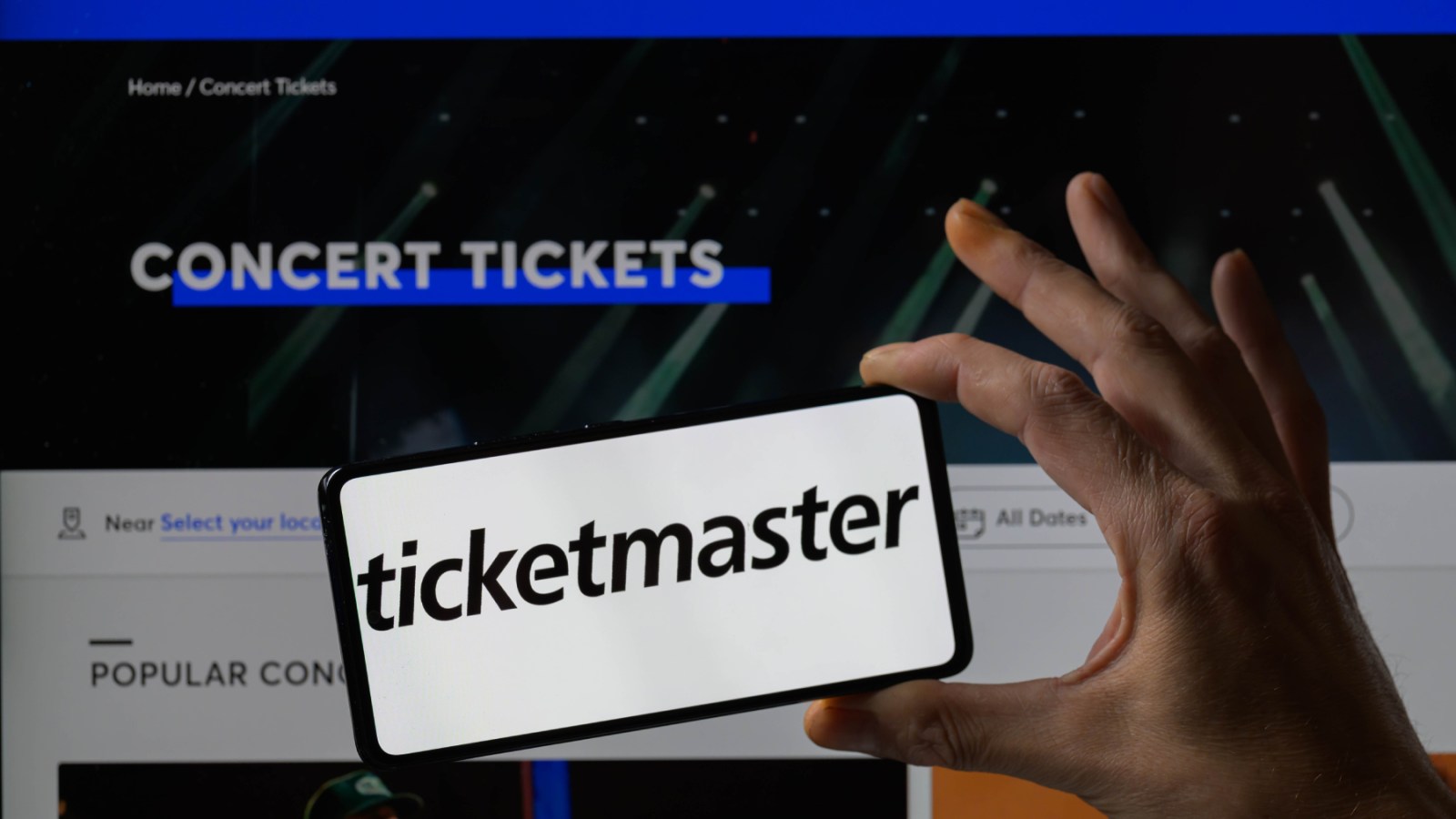Live Nation denied the Federal Trade Commission’s accusations that it worked with scalpers to make millions on resale tickets, but also told lawmakers that Ticketmaster would implement new safeguards to address several issues highlighted in the FTC lawsuit.
As Billboard reports, Live Nation’s Executive Vice President Daniel M. Wall told Senators Marsha Blackburn (R-TN) and Ben Ray Luján (D-N.M.) in an Oct. 17 letter that Ticketmaster would ban fans and brokers from operating multiple accounts and require ticket brokers to share their Social Security numbers when using Ticketmaster’s resale platform.
Wall also said Ticketmaster would shut down TradeDesk, a long-controversial inventory management software that allows brokers to track and price listings across multiple marketplaces. In providing “high-volume brokers” with access to TradeDesk, the FTC accused Ticketmaster of offering “technological support” to scalpers “who exceed ticket limits.” The suit further alleged that brokers known to have broken rules on creating fake accounts were still able to retain access to TradeDesk.
In his letter, Wall insisted that TradeDesk was just a logistics tool and refuted any suggestion that it was used to improperly scoop up thousands of tickets as “plainly false.” Still, he said, Live Nation would be “removing TradeDesk’s concert ticket management functionality from the market” to avoid “reputational harm.” (Though Wall did argue that brokers would simply start using other similar systems offered by StubHub, Vivid Seats, and third party companies.)
Filed back in September, the FTC’s lawsuit — separate from the Department of Justice antitrust suit — accused Live Nation and Ticketmaster of engaging in “illegal practices that injure artists, cause consumers to pay significantly more for event tickets, and benefit Defendant’s bottom line.” The suit highlighted three alleged tactics, including hiding fees from customers until they check out, and allowing ticket brokers to “exceed” the limits artist place on the number of tickets people are allowed to purchase at once.
The third alleged tactic was the biggest, with the FTC accusing Ticketmaster and Live Nation of “systemically violating” the BOTS (Better Online Ticketing Sales) Act by allowing and encouraging brokers to “use multiple Ticketmaster accounts to circumvent Ticketmaster’s own security measures” and scoop up millions of tickets. These tickets could then be resold on Ticketmaster’s own resale platforms at steep markups, while also allowing Live Nation to “triple dip” on fees.
Wall vociferously denied these claims in his letter, saying the FTC suit “presents a distorted view of the facts and the law” that’s based on “novel and expansionist” interpretations of the BOTS Act. He also called the claims that Ticketmaster worked with brokers “categorically false,” and argued that ticket brokers maintained multiple accounts even before the era of digital tickets and online sales.
“That ticket brokers have been allowed to maintain multiple accounts is true; calling that conspiracy is specious,” Wall wrote.
Still, Wall said Ticketmaster would now only allow resellers and others to have one verified account, and resale accounts will require a unique taxpayer ID. Wall also insisted Ticketmaster would implement new tools to identify and remove duplicate accounts, and further counter bots with “post-on sale ticket sweeps” to cancel potentially fraudulent purchases.



